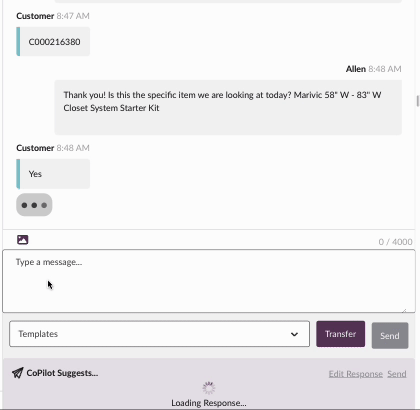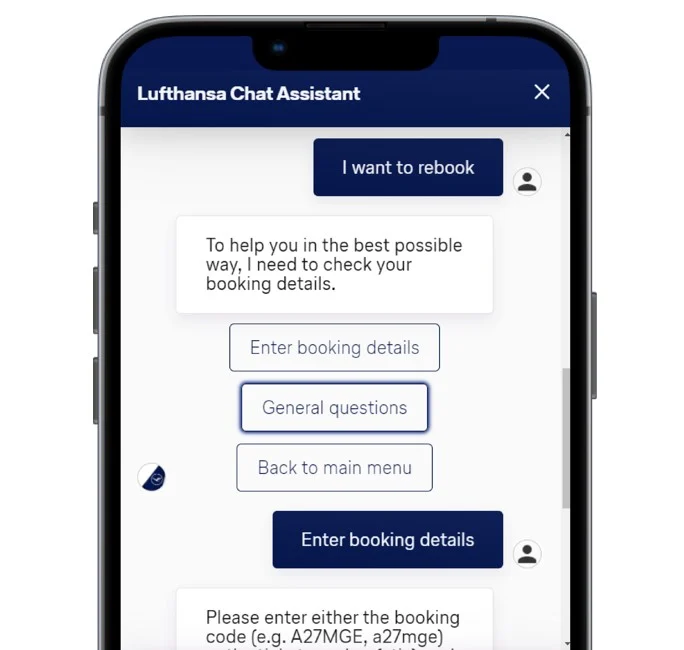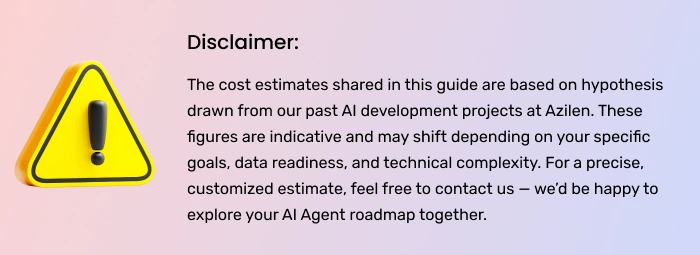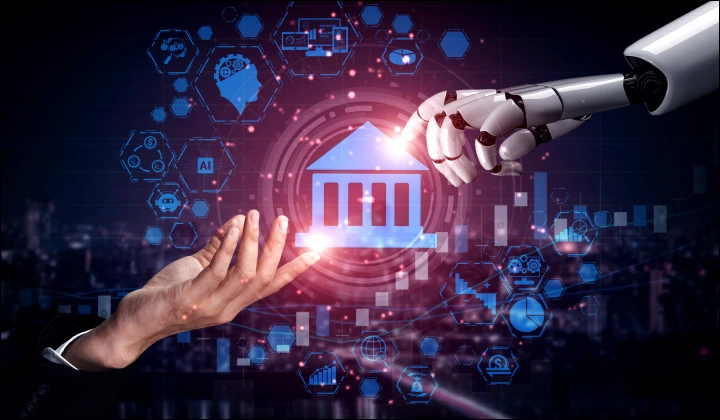These require deeper system access, reasoning ability, or step-by-step logic – but deliver major efficiency and CX gains.
➜ Full Issue Resolution (End-to-End Ticket Handling)
From intake to resolution, AI agents handle the workflow: create ticket → diagnose → take action → close loop.
➜ Multi-Step Troubleshooting
Agents walk customers through device setups, error code fixes, or connectivity issues.
➜ Billing Dispute Handling
AI agents collect context, validate data, apply business logic, and guide customers through resolution.
➜ Personalized CX With CRM Data
Agents personalize replies based on purchase history, preferences, and loyalty tier.
➜ Subscription Management
Upgrade, downgrade, pause, cancel – AI agents handle full lifecycle management by linking billing and CRM platforms.
➜ Claims Submission & Processing
In insurance and healthcare, AI agents guide customers through claims submission, attach documents, validate data, and send status updates.
➜ AI Co-Pilot for Live Agents
In hybrid setups, AI agents suggest replies, fetch policy docs, or summarize case history in real-time, which makes support reps faster and more accurate.








 18 mins
18 mins











 Talk to Our
Consultants
Talk to Our
Consultants Chat with
Our Experts
Chat with
Our Experts Write us
an Email
Write us
an Email





